Do South Africa’s new laws on censorship constitute a major departure from the Apartheid era?
Undoubtedly the most peculiar feature of the repressive system the Nationalist government set up in 1963 is that it put an inordinate, if not wholly unlimited, amount of power in the hands of a group of censors who saw themselves as the guardians of literature and, more specifically, an Afrikaner “Republic of Letters.”
This meant that the censors, who were, first and foremost, the agents of the government’s repressive anxieties about the medium of print (and film), and who were formally charged with the task of protecting the apartheid order from seditious, obscene, and blasphemous representations, were, at the same time, the apartheid regime’s literature police.
Historical Parallels
Calling this anomalous group of censors, which included influential literary academics, educationalists, and some writers, the “literature police” carries certain risks, particularly in so far as the phrase conjures up a fantastically nightmarish Orwellian world and behind that the actual terror of censorship under the Soviet Union. Yet if any historical model is applicable to the South African case, then it is best to look to pre-revolutionary Russia, not to the Soviet Union, for a possible precedent.
Like the system established by the nineteenth-century tsars, apartheid censorship operated under a semblance of legality, not through a series of secret strictures and directives; it was essentially prohibitive, rather than prescriptive; and, most importantly, it functioned post-publication. Though South Africa had its own collaborationist publishing houses and writers’ groups, it had no equivalent of Glavlit, the Main Administration for Affairs of Literature and Publishing Houses, created in 1922, and no professional body comparable to the USSR Union of Writers, founded twelve years later, both of which served to reinforce a system of total control over the medium of print and, especially during the infamous Zhdanovite era in the late 1940s – a strict aesthetic orthodoxy.
Unlike the Soviet regime, but like the earlier tsarist system, the apartheid bureaucracy was “essentially pragmatic,” as J. M. Coetzee put it, describing censorship in nineteenth-century Russia, in the sense that it required of the censors only “a capacity to sniff out contagion wherever it occurred,” not an elaborately articulated “theory of the censorable” and, in particular, “no aesthetic theory.”
And yet it is precisely at this point that the analogy with tsarist Russia itself begins to break down. If the apartheid censors were there primarily to protect the state from “contagion,” like their Russian precursors, they were, as they saw it, also there to safeguard literature from the “contagion” of the state, a complication that makes it difficult to see their role as “essentially pragmatic.” Though the archival evidence shows that blinkeredness, the vagaries of taste, and crude arbitrariness often affected their decisions, particularly on the question of what warranted protection as literature, it reveals that “aesthetic theory” of a sometimes fairly sophisticated sort played its part too. If this complicated the censor’s collaborationist expertise further still, it also raised questions about the status of literary experts in any legal or quasi-legal context.
A New Constitution
Since 1996, literature’s destiny in South Africa has been tied not just to a properly autonomous and still significantly transnational book trade, but to the chance of a multilingual constitutional democracy, of a unitary state with a strong internationalist orientation, of a reclaimed liberalism, and of a rights-based multi- or interculturalism.
At two key levels of legislation, however, it has also been linked to the inevitably uncertain guardianship of state-appointed literary experts. The Constitution of the Republic of South Africa, 1996, the supreme guarantor of its young democracy, includes a Bill of Rights, the most pertinent section of which states:
1. Everyone has the right to freedom of expression, which includes—
(a) freedom of the press and other media;
(b) freedom to receive or impart information or ideas;
(c) freedom of artistic creativity; and
(d) academic freedom and freedom of scientific research.
2. The right in subsection (1) does not extend to—
(a) propaganda for war;
(b) incitement of imminent violence; or
(c) advocacy of hatred that is based on race, ethnicity, gender or religion, and that constitutes incitement to cause harm.
Given the history of apartheid censorship, it is worth noting that clause 2 makes no reference to obscenity or blasphemy, or directly to sedition. Like all the rights in the founding Bill, those identified in section 16 are also subject to the proportionality clause (section 36), which allows for them to be restricted, under certain specified conditions, “to the extent that the limitation is reasonable and justifiable in an open and democratic society based on human dignity, equality and freedom.”
This further provision, taken together with the specific inclusion of the “freedom of creative activity,” effectively ensures that the state functions not just as relatively disengaged guarantor of the rights underlying the “culture of debate” but as a potential participant in the “debate of culture.” It opens up a future role for literary (and other) experts within state structures, not, of course, as shadowy censors, but as witnesses who can be called on to testify on behalf of particular works in open court or other tribunals.
In response to secularist, liberal, or literary arguments against censorship, the committee upheld the right of some adult readers to make their own judgements about the novel and Rushdie’s commitment to literature as a space in which, as he put it in an interview in September 1988, “there are no subjects which are off limits.”
This possibility was strengthened under the Publications Act, 1996, another key legal instrument reflecting the importance officially accorded to literature and the arts in today’s South Africa. The new Act radically modernized the legislation. It followed the Bill of Rights by criminalizing the distribution of any publication which “judged in context” fell under any one or more of the three exclusions stipulated under section 16 (2). Yet, in a more surprising move, which effectively privileged the constitutional guarantees covering the “freedom of creative activity,” it explicitly exempted, among other things, what it called “bona fide” literary publications. It also applied this extra safeguard to its own provisions regarding publications given an XX classification, which criminalizes distribution, or an X18 rating, which restricts its sale to adults.
In legal terms, then, the new Act represents an emphatic break with the past. Reflecting internationally agreed norms, and the guarantees enshrined in the Bill of Rights, it rejects censorship in favour of classification, focuses on relatively measurable questions of harm, avoiding any reference to value-laden ideas of blasphemy or moral repugnance (i.e. obscenity), and affords literature explicit statutory protection.
Reality of Implementation
Yet when it came to the question of how the new Act might be implemented, it was decided against a system “based solely on criminal law” via the courts and against the option of self-regulation by the relevant media industries along the model of the film classification boards in the UK, the United States, and Germany.
Instead, the task group appointed to frame the new legislation successfully argued for an “administrative structure funded by the State, but which functions independently of government, and which draws on available expertise.” As a consequence, South Africa now has a national statutory Film and Publication Board (FPB) as well as a Review Board, comparable to the Offices of Film and Literature Classification in Australia and New Zealand, which is empowered to appoint literary experts to assist in its deliberations.
For all the similarities to the apartheid bureaucracy introduced in the early 1970s, the new structure, which came into operation in 1998, is different in a number of crucial respects. For one thing, the panel set up to advise the president on the appointment of FPB members is obliged to invite nominations from the general public. Whereas the old system had been dominated by a group of government appointees, all male Afrikaners, the first chair of the new Board, Dr Nana Makaula, was one of South Africa’s leading black woman academics with a background in psychology and education. The more robustly independent FPB also appoints its own “classification committees” and, at their request, its own experts.
Finally, when it comes to publications, the FPB, unlike the apartheid censorship bureaucracy, which was for the most part a conduit for submissions from the police and customs, responds only to complaints from the general public. Film distributors, by contrast, are required to apply for classification in advance.
In the absence of a substantial archive of decisions relating to publications – since 1998 the FPB has dealt primarily with films, DVDs, and issues of child pornography on the Internet – it is not possible to say what long-term cultural consequences this new democratic form of guardianship will have for literature.
The Satanic Verses: A Word Crime?
Yet if the one key case considered in the first decade of the new system is anything to go by, it is clear that the future will be neither wholly predictable nor uncontroversial. In February 2002, when the 14-year-old ban on Salman Rushdie’s The Satanic Verses was technically lifted under the terms of the new Act, many of the same local Muslim organizations who had campaigned against the novel in the apartheid era wrote to the FPB requesting that a ban be reimposed, some casting their objections in especially threatening terms.
Unlike the apartheid censors who originally banned The Satanic Verses on grounds of blasphemy in 1988, the new committee of experts considered both the text of the novel and the history of the furore it provoked in detail. Like their precursors, however, they accepted the complainants’ status as representatives and, as a consequence, the authority of their claim that the novel is “considered profoundly blasphemous and injurious by the Muslim community.” Yet they firmly rejected their view that The Satanic Verses still constituted a word crime.
Moreover, bearing in mind the terms of the Publications Act, it noted that “The Satanic Verses is without argument a bona fide literary work by a leading international literary figure.” For these reasons the committee concluded it was not “legally possible” to consider giving the novel an XX classification, which would, in effect, have banned it by “restricting all public access or possession.” In fact, as an unillustrated book, this would have criminalized its distribution only, which was prohibitive enough.
Yet, since few legal systems have, despite the changed media environment, entirely left behind the deeply entrenched anxieties about the medium of print, and none treat the freedom of expression as an unconditional absolute, adopting a policy of total disengagement in this area of the law is unlikely to be realizable in practice.
Strictly speaking, the committee had, at that point, fulfilled its obligations under the law. Yet, going against the precise terms of the Act, it decided to give the novel an X18 classification and, more controversially, to recommend that it “should not be for sale in public in South African commercial booksellers or any other commercial outlet, nor should it be available for borrowing from any municipal or public library” (this did not include legal deposit or university libraries).
As it noted, the restriction on display did not prevent a book-buyer from asking a local bookseller to order a copy for her, or, “given the transnational nature of the contemporary book trade,” from buying one for herself over the Internet. It did not consider the consequences of the curb on borrowing from public libraries, however, which effectively means only university students, or those who can afford to buy books, have relatively unhindered access to The Satanic Verses in South Africa today.
Despite this worrying omission, the ruling, which was accepted by the complainants and not contested by any other parties. In response to secularist, liberal, or literary arguments against censorship, the committee upheld the right of some adult readers to make their own judgements about the novel and Rushdie’s commitment to literature as a space in which, as he put it in an interview in September 1988, “there are no subjects which are off limits.”
In response to Muslim calls for an apartheid era ban to be reimposed, it offered not censorship (nor a reinstatement of blasphemy law) but recognition, at the level of the state, of the genuine offence many law-abiding South African Muslims feel the novel has caused them and their faith. In making this double move the FPB also implicitly acknowledged that literature, understood in Rushdie’s terms, has the power to produce shattering real-world effects.
Internet Publication
We cannot ignore the fact that in at least one important respect The Satanic Verses does not constitute a good test case for the new legislative framework in South Africa. Somewhat like D. H. Lawrence’s Lady Chatterley’s Lover in the landmark British and US trials of the late 1950s and early 1960s, its status as a “bona fide literary work” was, like Rushdie’s reputation, too securely established by 2002. It is possible to imagine other kinds of writing, say, a parody of vicious racist thinking or of pornographic violence against children published by a previously unknown author on the Internet, about which it might, in principle, be impossible for any classification committee or group of literary experts to reach a consensus.
Internet publication is especially testing in this context because it need not necessarily bring with it all the extrinsic markers of literary prestige (imprint, book format, paper quality, etc.) associated with the traditional medium of print. In the face of these difficulties, which will no doubt become more acute in the future, it is clear that continued faith in the authority of literary experts looks wishful.
Yet, since few legal systems have, despite the changed media environment, entirely left behind the deeply entrenched anxieties about the medium of print, and none treat the freedom of expression as an unconditional absolute, adopting a policy of total disengagement in this area of the law is unlikely to be realizable in practice. It is also at least debatable whether or not, in a just society, it is desirable in principle. Indeed, when modern democracies recognize literature as a public good, or afford it explicit legal protection, as South Africa does today, it could be argued that the question of the state’s juridical relationship to the field of culture has to be asked anew.
*[This article has been adapted from The Literature Police: Apartheid Censorship and Its Cultural Consequences, by permission of Oxford University Press. Copyright © All Rights Reserved.]
The views expressed in this article are the author’s own and do not necessarily reflect Fair Observer’s editorial policy.
Support Fair Observer
We rely on your support for our independence, diversity and quality.
For more than 10 years, Fair Observer has been free, fair and independent. No billionaire owns us, no advertisers control us. We are a reader-supported nonprofit. Unlike many other publications, we keep our content free for readers regardless of where they live or whether they can afford to pay. We have no paywalls and no ads.
In the post-truth era of fake news, echo chambers and filter bubbles, we publish a plurality of perspectives from around the world. Anyone can publish with us, but everyone goes through a rigorous editorial process. So, you get fact-checked, well-reasoned content instead of noise.
We publish 2,500+ voices from 90+ countries. We also conduct education and training programs
on subjects ranging from digital media and journalism to writing and critical thinking. This
doesn’t come cheap. Servers, editors, trainers and web developers cost
money.
Please consider supporting us on a regular basis as a recurring donor or a
sustaining member.
Will you support FO’s journalism?
We rely on your support for our independence, diversity and quality.


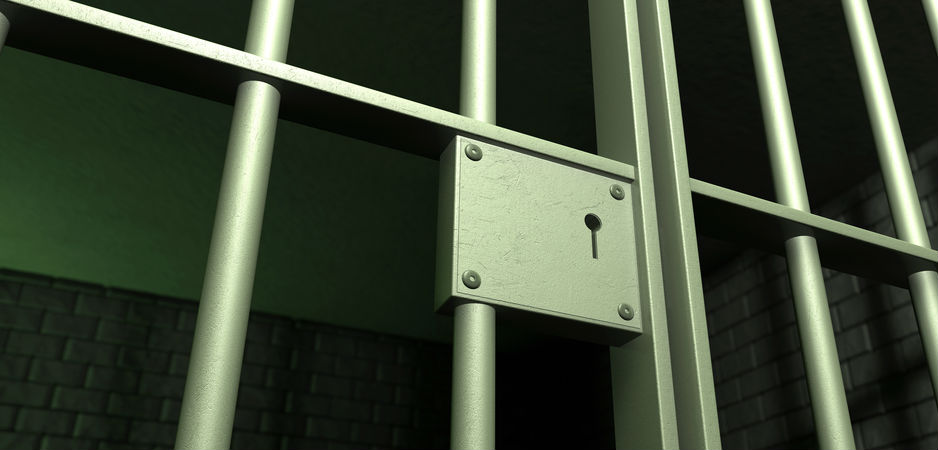

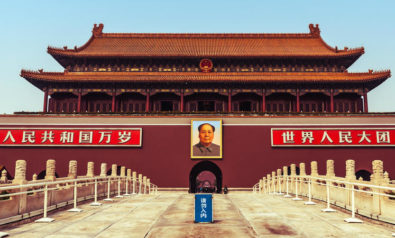

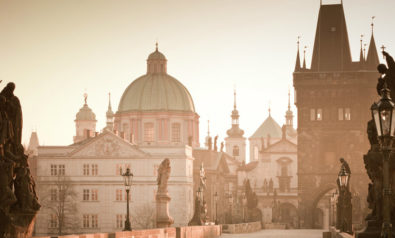


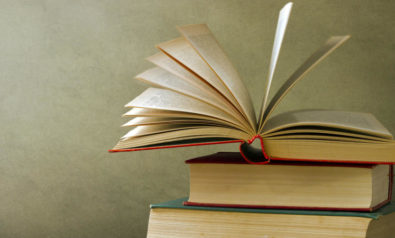
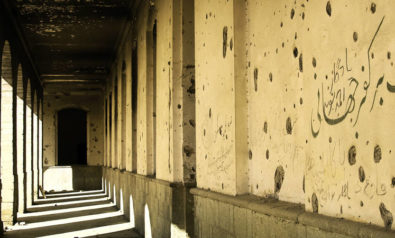

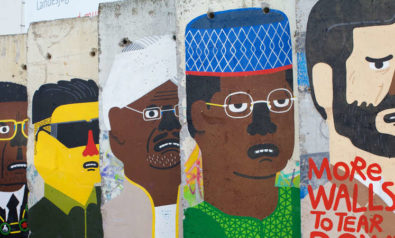
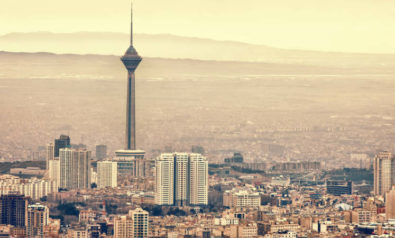
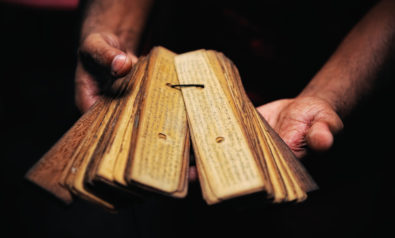

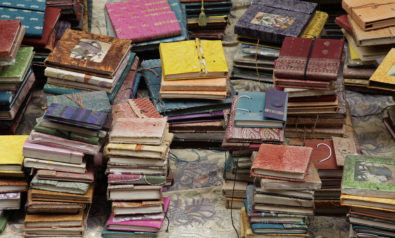
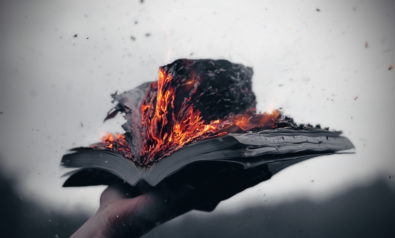

Comment
For my take on the contemporary context, please see my article ‘The Present is Another Country: A comment on the 2010 media freedom debate’, Ecquid Novi: African Journalism Studies, 32.2 (2011), 122-34. If you can’t get through the payment wall, I’ll happily send you a copy.
It would be interesting to see this article also contextualise the contemporary South Africa government’s changing attitude towards censorship and freedom of information.